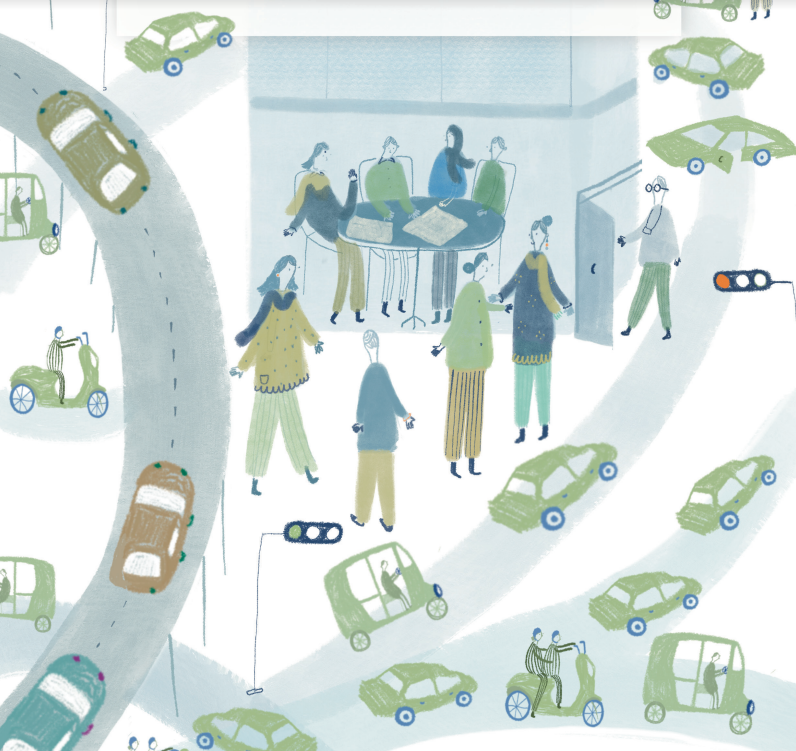
The rise of digitally mediated work arrangements in India has led to ride-hail mobility becoming one of the primary sources of income for platform gig workers. As per estimates by Uber India, 30 lakh driver partners in the country have earned over Rs 50,000 crore in the last 10 years. However, the rapid development of the platform ecosystem in India has been met with erratic regulatory action around non-traditional work arrangements, leaving platform workers outside the ambit of the formal economy and the corresponding entitlements that come along with it.
There is an urgent need to protect gig workers’ right to flexible, autonomous work, while providing them with appropriate protections for social security and welfare. Even though legislation such as the Code on Social Security, 2020 which has been passed by the Indian parliament to introduce social security benefits for gig workers in the platform economy, an indefinite delay in its implementation has left many gig workers hanging without adequate support. Additionally, regulation has been passed without prior consultation, often producing adverse implications for workers’ income and physical security.
In this environment, Uber India’s Driver Advisory Council (DAC) represents a first-of-its kind effort in India’s platform gig economy to promote participatory governance of platform work. Gig workers’ participation in an independent third-party mediated forum introduces a robust and resilient alternative framework for governance. This empowers drivers by giving them a seat at the table, and benefits the society at large. Participative dialogue can help generate insight on issues faced by drivers, to enable potential positive changes to regulations, as well as Uber’s policies and products.
At the one-year mark, the DAC has left a promising imprint on India’s growing platform gig economy, showcasing its potential for adoption as a replicable mode for self-regulation on platforms. At the same time, it comes with its own limitations such as a lack of involvement from stakeholders across the wider ecosystem, and an over-reliance on the platform to drive change.
For a deeper understanding, you can view the full report compiled by Aapti Institute here.
Driver-Advisory-Council

